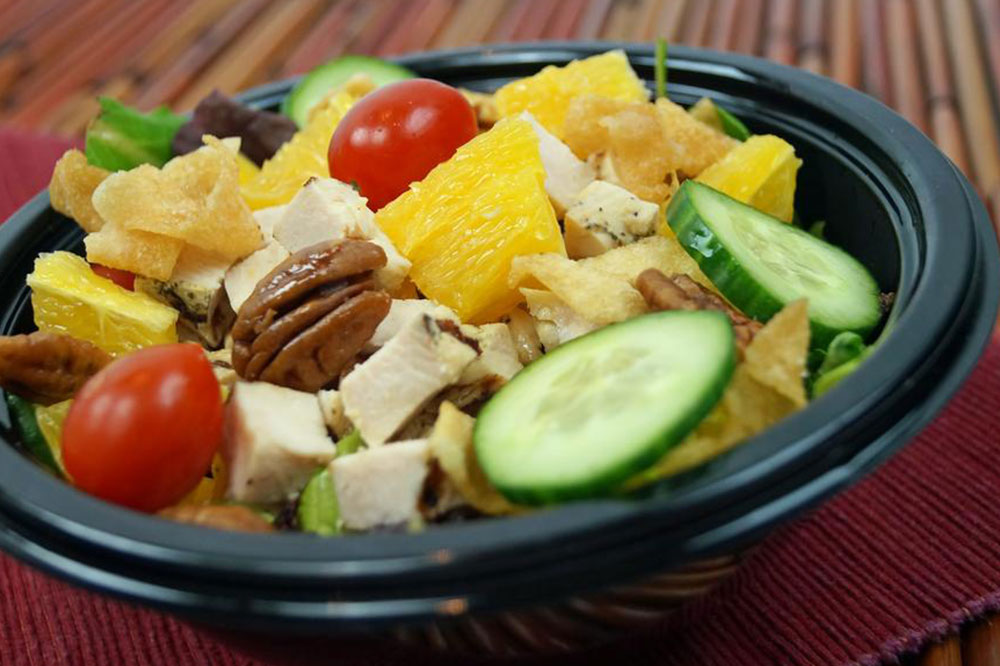
Ketogenic Diet for Managing Bipolar Depression
If we look at the connection between mental health, disorders like bipolar depression, and food, the common thread that stands out as a dietary pattern is the indulgence in processed food, excessive sugar consumption, the use of trans and saturated fats, deficiency of vitamins and minerals like zinc and magnesium, and the lack of sufficient vegetable and fruits in the daily diet.
Ketogenic diet and bipolar depression
A ketogenic or keto diet is a low-carb and high-fat diet that started as a weight-loss diet plan. This diet requires you to increase your consumption of fats, which leads your body to enter the metabolic state of ketosis and become a fat-burning machine. This diet has also been found effective in treating other health conditions like heart and inflammatory diseases, and some studies have shown the effectiveness of a keto diet in managing mental disorders like ADHD and bipolar depression as well. These studies and experiments have shown that following a keto diet is a helpful tip for managing bipolar depression as it positively affects the neurotransmitters that help stabilize mood and handle emotions.
Ketosis and bipolar depression
A keto diet aims to cut down and replace a typical high-carb, high-fat, and high-sugar diet. Heavy sugar consumption causes an overload of glucose in the brain, leading to a build-up of free radicals that destroy the body’s antioxidants. On the other hand, a ketogenic diet takes its energy from ketones. So, without an overload of sugar, the brain and the neurotransmitters function normally, and ketosis directly aids in managing bipolar depression.
A typical menu when on a keto diet has fewer carbs, which prevents diabetes and maintains stable blood sugar levels. A tip for managing bipolar depression is to follow a keto diet with a considerable amount of protein and healthy fats:
- Fat : Avocados and coconut oil
- High-fat dairy : Butter, cream, and cheese
- Nuts and seeds : Sunflower seeds, walnuts, pumpkin seeds, macadamia, and Brazil nuts
- Vegetables : Avoids root vegetables as much as possible when on a keto diet, and opt for cruciferous veggies like broccoli, cauliflower, Brussels sprouts, cabbage, and green leafy veggies
- Protein : Beef, lamb, fish, poultry, and eggs
Foods to avoid for bipolar depression
Another diet tip for managing bipolar depression is to avoid wheat and wheat products, which is recommended by this diet. This eliminates a large number of food items from a standard diet, including bread, pasta, cereals, cookies, and baked goods. Since the keto diet plan does not include starch in any form, root vegetables and beans and legumes are also eliminated.
Medication and keto diet
There is no known cure for bipolar depression, but it can be treated and managed with medication, lifestyle changes, regular physical activity, stress-busting techniques, and healthy dietary habits. However, switching to a keto diet brings about a lot of changes in your body, so the transition is best made gradually to prevent adverse effects on the body. Discontinuing medication can result in several complications, and the diet can also lead to side effects, so do not make the shift or give up medication without taking the go-ahead from your doctor.



